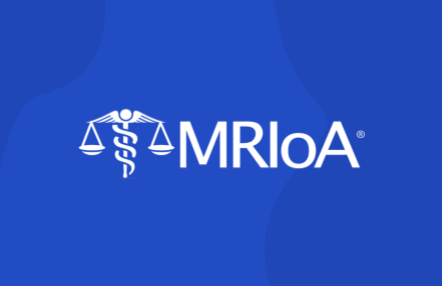Blog
Fighting Fraud: How to Ensure Healthcare Market Research Integrity

Jackie O’Connell, PhD
Senior Market Research Manager
Insights

Market research fraud doesn’t discriminate: It affects both quantitative and qualitative research across geographies and across study sizes. Here’s how the industry is fighting back in new and innovative ways.
Healthcare market research has seen a spike in fraud — as have many industries — since the start of the pandemic. In fact, according to industry insights specialist GreenBook, anywhere from 15 to 30 percent of market research is fraudulent. Given the rates of fraud, how can you trust the data to inform decisions?
Here we look at how the market research industry as a whole is responding to issues with fraud. And, more specifically, what the industry is doing to safeguard market research intelligence when recruiting panelists.
What market research fraud looks like today
Tia Maurer, group scientist of Products Research Testing Group at Procter & Gamble, described market research fraud as survey “catfishing” during a recent Insights Association webinar. Catfishing is most commonly used in dating to describe when an individual creates a fake persona online or on social media to lure in an unsuspecting victim.
What this means for market researchers is that if there is no survey validation, it is easy for catfishers, or unqualified participants, to “hide behind the curtain of the internet and collect incentives for participating,” especially since incentives have become digitized.
Unfortunately, the fraudsters will always evolve their tactics. Staying on top of the issues that impact quality market research while maintaining panelist integrity requires innovative approaches.
Panelist quality begins with patient recruiting best practices
Given that panelist quality is critical to effective research outcomes, it’s important to ensure that your recruiting efforts follow best practices. Although average rates of fraud are high, there are wide variations in the incidence of fraud between different sample providers. And, just because fraud exists does not mean that everyone is committing fraud.
So, how can you weed out the good from the bad when recruiting patients? Take it back to the basics:
-
Match the participant’s name and address against third-party sources.
-
Utilize two-step authentication.
-
Reach out manually to verify the user’s information.
-
Ask enough questions to determine if the patient’s treatment profile makes sense.
-
Keep longitudinal data profiles and confirm data consistency over time.
-
Include open-ended questions to ensure respondents are providing meaningful answers and to thwart bot activity.
Leverage technology to prevent panel fraud
Technology is changing the way nearly every industry conducts its day-to-day operations, and market research is no exception. Artificial intelligence and machine learning are proving highly valuable in detecting and preventing fraud. These technologies can sort through large volumes of data at scale to identify suspicious activity based on data sets of known bad responders. Clues about an individual, such as device data, geolocation data, behavioral data, and more, help paint a picture of the participant’s legitimacy.
There are technologies that can assign a score to individual panelists and flag suspicious behaviors, which then triggers a more rigorous validation process for those panelists while keeping other participants from having to endure a lengthy or intense validation process.
Look to other regulated industries to improve fraud prevention processes
One of the best industries to look to for fraud detection and prevention best practices is FinTech. Prone to attracting deceptive behavior, FinTech offers market researchers a highly-sophisticated set of methods that include ID validation, proof of address, and fingerprint and facial recognition. As the market research industry grows more sophisticated, expect to see wider adoption of fraud detection and prevention practices used in highly regulated industries, such as FinTech, as a means for ensuring research integrity.
At Thrivable, we take fraud seriously and continually advance our capabilities to ensure the quality of our community of nearly 50K patients. Learn how our real-time market research platform with 50+ data points delivers winning insights in hours.
About the author

Jackie O’Connell, PhD
Senior Market Research Manager
Before joining Thrivable, where she manages the successful delivery of healthcare research projects for customers, Jackie oversaw research teams at airports across the country for Global Resource Management’s travel and tourism clients. She also served as a study director at Market Facts and the manager of survey services at the Center for Strategy Research. Jackie holds a PhD from the Annenberg School for Communication at USC.





